In New York, America's Oldest Cricket Club Turns 150
Baseball is America's national pastime, but in New York, a cricket club is celebrating 150 years not out thanks to the city's large immigrant communities.
Staten Island Cricket Club (SICC) is the oldest continuously active cricket club in the United States, with matches played there every year since it was founded in 1872 by British armed forces officers and Wall Street traders.
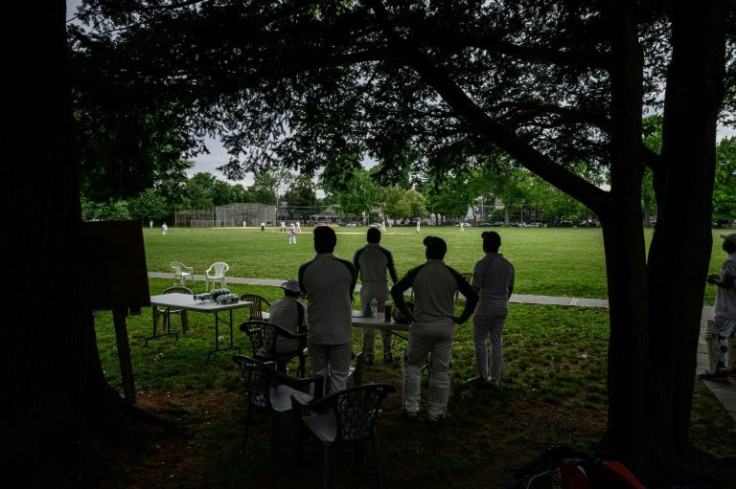
Along the way, it has hosted some of the game's greats, including Don Bradman, Geoffrey Boycott and Garry Sobers.
"There's plenty to be proud of in a non-cricket-playing country to have a club that has withstood the test of time. It's not been easy," says 92-year-old president Clarence Modeste.
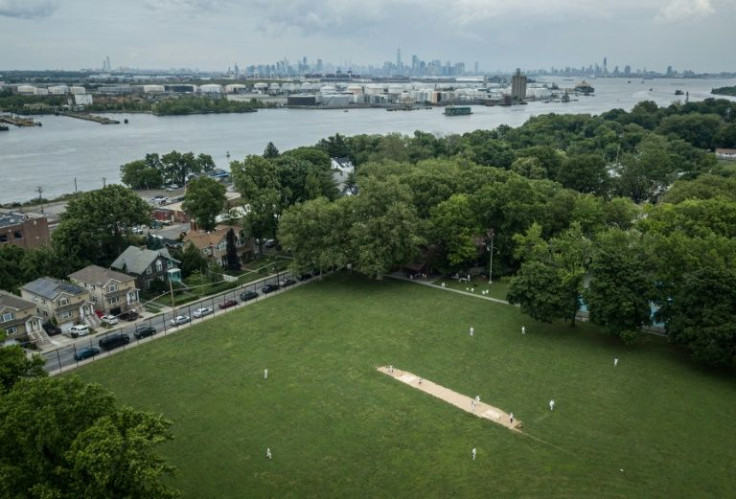
SICC has survived two world wars, the loss of a clubhouse to fire and the Covid-19 pandemic. It has also navigated rudimentary facilities and indifference from local officials.
Before each match at the club's home ground of Walker Park, city-run since the 1930s, players nail down a canvas matting wicket and hammer in stumps.
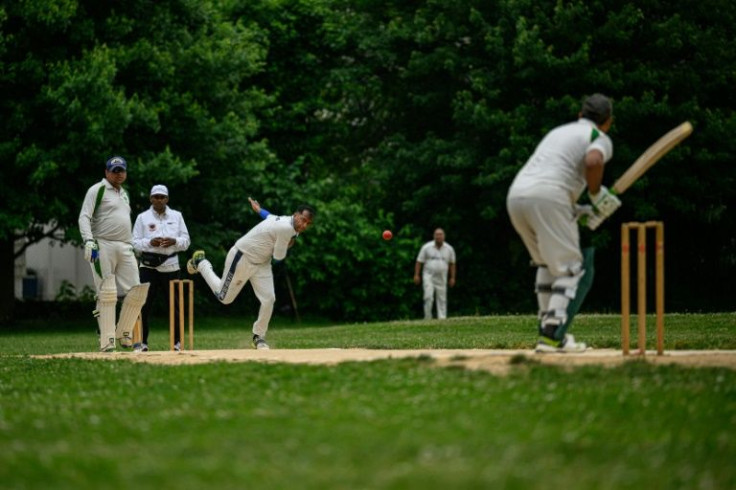
Grass several inches high in the field forces batters to lift the ball rather than hit the groundstrokes that many of the club's 80-odd members learned to play as youngsters.
"You can't hit a lovely cover drive. It won't go anywhere," laments 66-year-old Charu Choudhari, who nonetheless travels two hours from his home on Long Island to play.
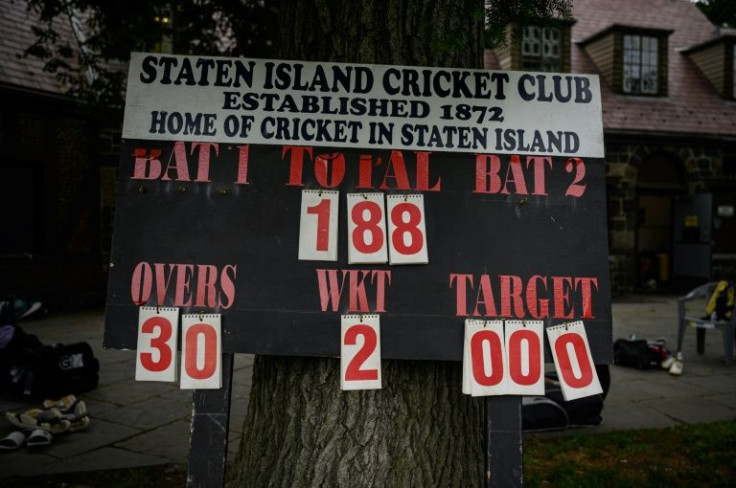
A footpath marks the boundary while shots that hit the leaves of a large tree are deemed a six. Bowling is only allowed from one end due to homeowners worried about well-struck balls hitting their property.
"This is the sort of handicap one faces," says Modeste, who hopes to persuade the parks department to erect netting 40 feet (12 meters) high so both ends can be used.
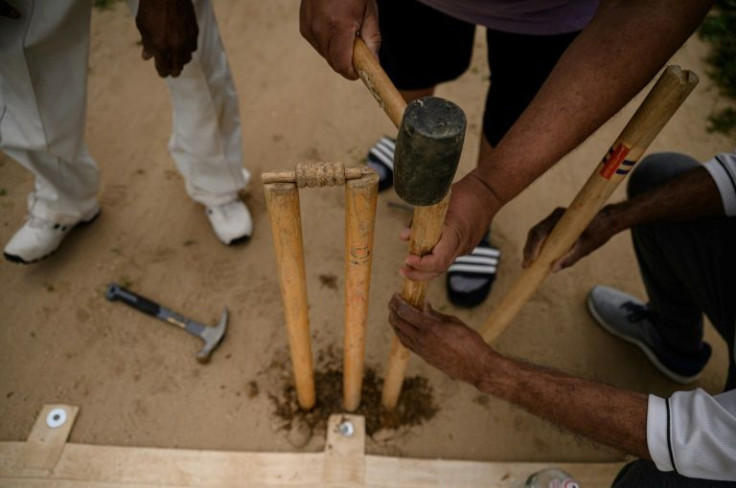
When Trinidad and Tobago-born Modeste joined SICC in 1961, some 90 percent of members were white -- mostly British, with some Australians, New Zealanders and South Africans.
Today, the overwhelming majority are people of color from cricket-loving countries in South Asia such as India and Sri Lanka, and the Caribbean.
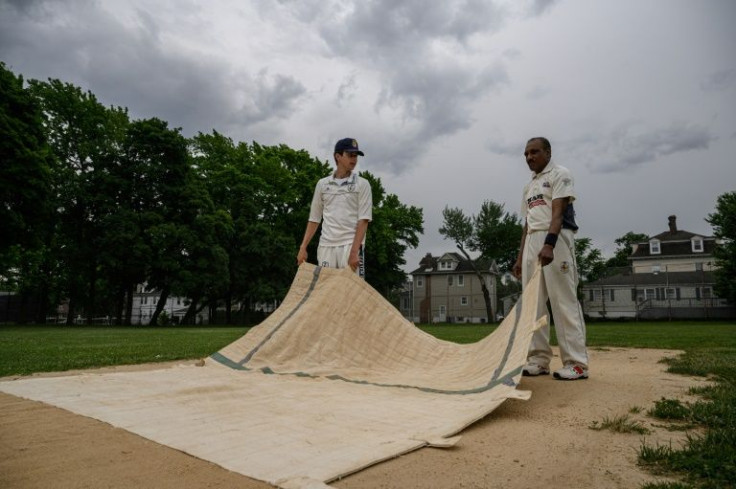
For many, the club is a connection to home.
"It means everything to me. Whenever I play cricket, I remember always my country," says 50-year-old Sunil Nayyar, who moved to the United States from New Delhi 30 years ago.
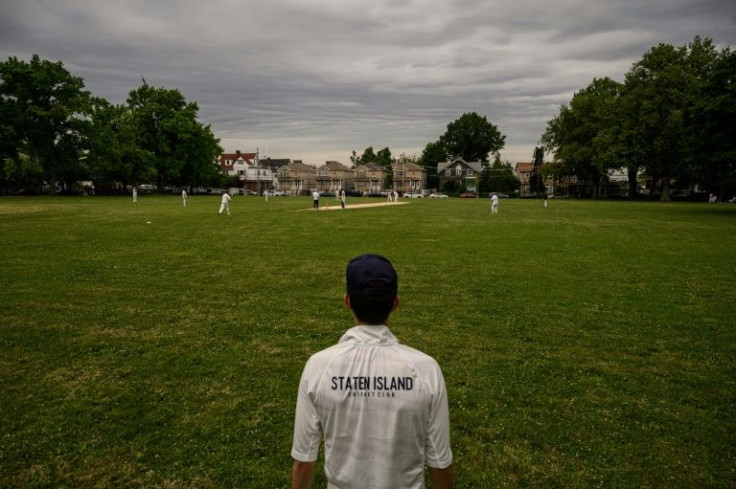
The club has one or two American-born players, like Staten Island native Billy Teague, who joined recently. The 60-year-old wishes he'd known about cricket when he was growing up.
"I thought it was no different than croquet. It just seemed like a weird, strange game and now I'm in love with it," he says.
Cricket was popular in the United States in the 1800s but declined as bat-and-ball cousin baseball soared in popularity, partly because it was quicker.
Today, there are just 200,000 cricketers in America, according to governing body USA Cricket, representing less than one percent of the population.
Officials hope interest will be spurred when the United States hosts matches in the 2024 ICC Men's T20 World Cup.
SSIC has a youth program for players aged five to 18, and Modeste believes cricket will only grow in America when it is introduced into schools.
"As long as cricket is replenished mainly with migrants rather than with homegrown stock, I think it will be extremely difficult to find the success that many of us have dreamt of for the game," he says.
New York City boasts the country's liveliest scene, with an estimated 100 matches taking place every weekend during warmer months.
SICC is at the heart of it. As well as competing in domestic leagues, the club welcomes sides from abroad and conducts its own tours overseas.
Batting great Bradman was part of an Australian team that played at Walker Park in 1932 while Sobers led an international XI there in 1988.
This weekend, SICC will celebrate its sesquicentennial year with a plaque unveiling and a match against a Philadelphia team.
Modeste attributes the club's longevity to stable beginnings and international recognition.
"The club is known around the world and we continue to make sure that happens," he says.
© Copyright AFP 2024. All rights reserved.





















